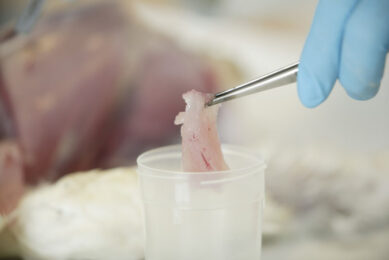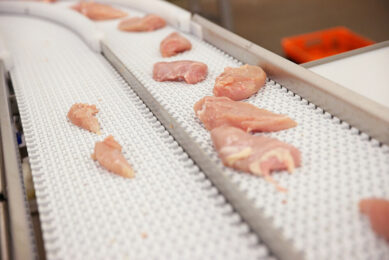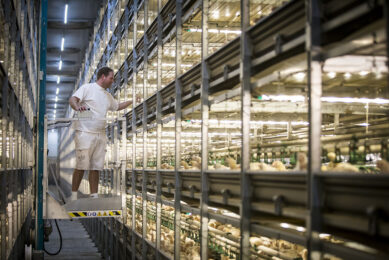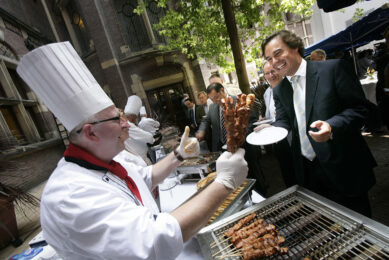No industry alike
Growing, processing and marketing poultry meat and eggs, like many other agricultural activities, have become an industrialized process. This allowed many outside and some inside the business to consider it as a normal economic activity and should be treated alike.
Growing, processing and marketing poultry meat and eggs, like many other agricultural activities, have become an industrialized process. This allowed many outside and some inside the business to consider it as a normal economic activity and should be treated alike.
This opinion has gained support over the past decades among politicians as well as public opinion groups. In many countries, the agricultural community seems to accept this and gave away its unique status and the associated advantages it used to have.
Following the various food scares, the AI crisis and climate influences we have seen in recent years several occasions that prove that agriculture, or better, food production is very much dependent of uncontrollable issues, which is not the case in most other industrial sectors.
Nothing is more unpredictable than the weather and nothing more dependant of the weather than agriculture. This makes agriculture, including livestock production a unique economic activity. It therefore deserves an exclusive status and treat.
Additionally, no other industry has a bigger responsibility to give food to the world than agriculture, and this sector does a good job to fulfil that obligation. It can do that only if the conditions are right and if it receives the support and backing from the regulators.
Sometimes, following incidents, governments provide for good or wrong reasons protection, but that is not enough, they should provide enough regulatory space to maintain competitive on an international level.
It is often said that the world is getting smaller, borders disappear and we have to operate in one single world market. The reality is that the world remains huge and complicated, and many countries prefer to protect their borders, despite WTO.
The use of antibiotics, the introduction of GMO grains, AI and recently NCD outbreaks show that borders still exist to stop or limit imports for (health, emotional or economic) protective reasons.
This proves a dualism and that agriculture, including livestock production, is not an economic activity line any other. It is different and should therefore be part of a long-term national policy to safeguard the production and availability of sufficient and affordable safe food for all people.
Join 31,000+ subscribers
Subscribe to our newsletter to stay updated about all the need-to-know content in the poultry sector, three times a week. Beheer
Beheer








 WP Admin
WP Admin  Bewerk bericht
Bewerk bericht